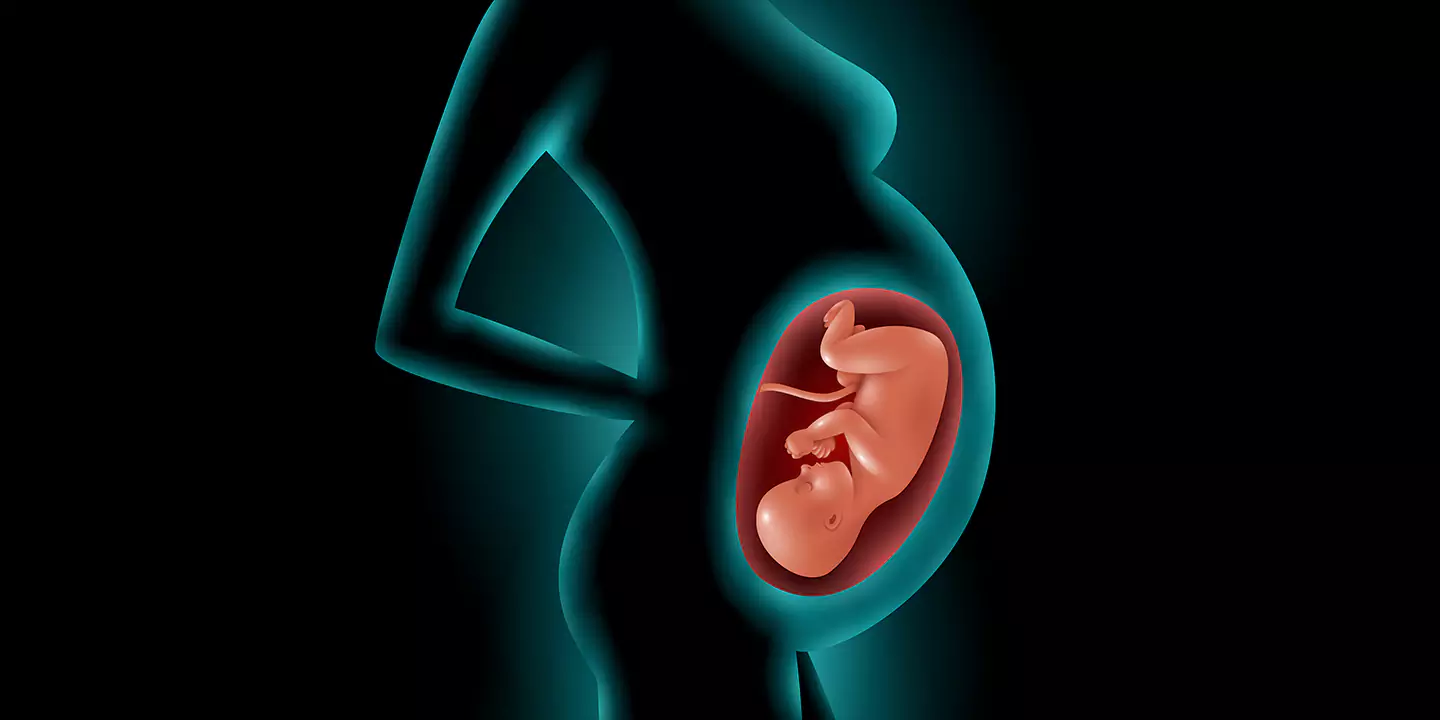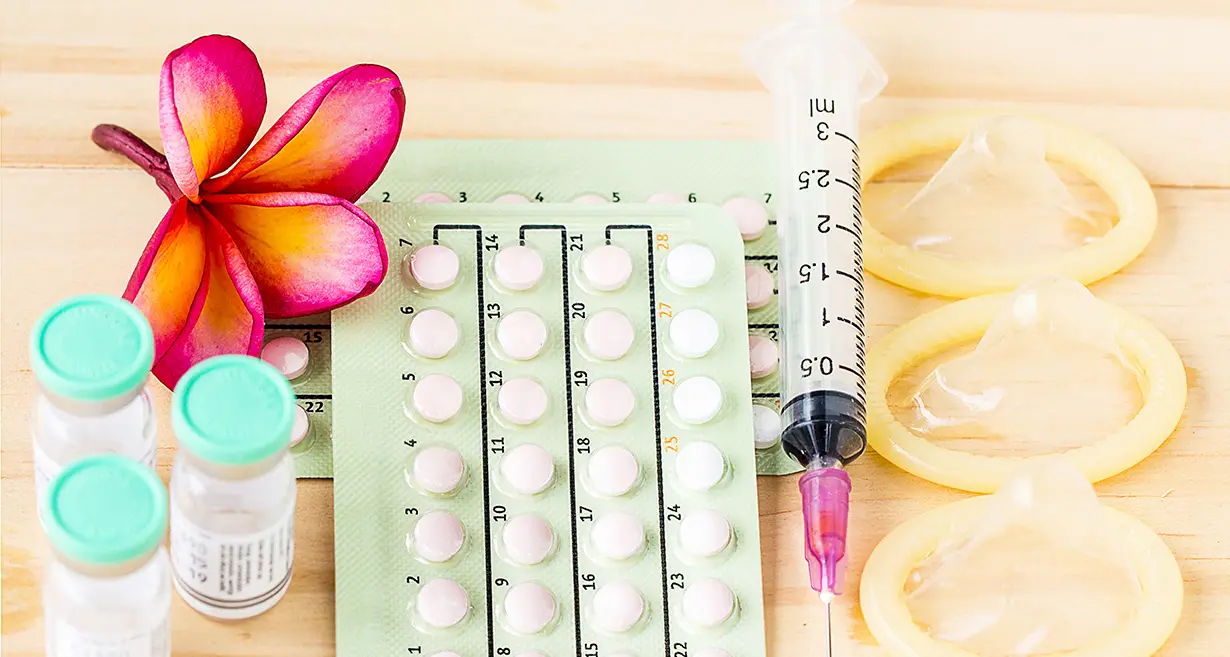
Pregnancy is an incredible journey filled with anticipation and joy, but it can also be a time of overwhelming fatigue. Many expecting mothers find themselves struggling to keep their energy levels up as their bodies undergo numerous changes.
The good news is that there are simple and effective ways to combat pregnancy fatigue and regain some of that much-needed vitality.
In this article, we’ll explore eight practical strategies that can help you overcome pregnancy fatigue, allowing you to enjoy this special time in your life to the fullest.
In this Article
What Is Pregnancy Fatigue?
Pregnancy fatigue is like super tiredness for moms-to-be. It’s not the regular kind of tiring; it’s more intense and can hit you during different parts of your pregnancy, especially in the beginning and end.
This fatigue can be attributed to a combination of factors, including surging hormone levels, increased blood volume, physical and emotional changes, and the body’s extra energy expenditure to support the growing fetus.
Symptoms of pregnancy fatigue include an intense need for rest, decreased motivation, difficulty concentrating, and a constant desire for sleep. While it’s a challenging aspect of pregnancy, understanding what pregnancy fatigue is and how to manage it can help expectant mothers.
Related Blog: Know What is High Risk Pregnancy, 22 Risk Factors for High-Risk Pregnancy
How Long Does Pregnancy Fatigue Last?
The duration of pregnancy fatigue can vary from woman to woman and pregnancy to pregnancy. However, there are some general patterns:
- First Trimester
Pregnancy fatigue is often most pronounced during the first trimester, which is typically the first 12 weeks of pregnancy. Many women experience extreme tiredness during this time, often due to surging hormone levels and the body’s adjustment to pregnancy.
- Second Trimester
In the second trimester, which spans weeks 13 to 27, many women find that their energy levels improve and fatigue lessens. This is often referred to as the “honeymoon phase” of pregnancy, with increased energy and reduced nausea.
- Third Trimester
Fatigue can return during the third trimester, which is from week 28 until birth. As the baby grows, it can place added pressure on your body, and physical discomfort may lead to increased tiredness.
Related Blog: Tests During Pregnancy: Trimester-wise List Of Tests While Undergoing A Pregnancy
Why Are You Feeling Tired During Pregnancy?
Here are some of the key reasons why you might experience pregnancy fatigue:
- Hormonal Changes
Hormones like progesterone, which are essential for maintaining pregnancy, can also make you feel drowsy and affect your sleep patterns.
- Increased Blood Volume
Your body produces more blood to supply nutrients and oxygen to the growing fetus. This increased blood volume can lead to a feeling of tiredness.
- Metabolic Changes
Your metabolism increases during pregnancy to support the baby’s growth. This can lead to a sense of fatigue, as your body is working harder.
- Physical Changes
As your pregnancy progresses, the physical changes in your body, like weight gain, changes in posture, and the pressure on your organs, can contribute to feeling tired.
- Emotional and Psychological Factors
The anticipation, stress, and emotional adjustments associated with pregnancy can also lead to fatigue.
- Sleep Disturbances
Frequent trips to the bathroom, discomfort, and difficulty finding a comfortable sleeping position can disrupt your sleep, making you feel more tired during the day.
8 Ways to Beat Pregnancy Fatigue
Here are eight practical ways to help beat pregnancy fatigue:
1. Prioritize Rest
· Pregnancy is a physically demanding time for your body. Your baby is growing, and this process can be exhausting. When you feel tired, take short breaks to rest. A quick nap, even just 15-30 minutes, can do wonders for your energy levels.
· Sleep is crucial during pregnancy. Aim for 7-9 hours of quality sleep each night. If you’re struggling with sleep, try to create a relaxing bedtime routine, keep your room dark and cool, and use extra pillows for support.
2. Stay Hydrated
Dehydration can make you feel even more tired. During pregnancy, your body needs extra fluids to support the increased blood volume and the amniotic fluid surrounding your baby. Drink water, herbal teas, and natural fruit juices regularly.
Avoid excessive caffeine, as it can lead to dehydration. Opt for decaffeinated beverages when possible.
3. Balanced Diet
Eating a balanced diet is essential for maintaining energy levels. Focus on a variety of foods, including lean proteins, whole grains, fruits, vegetables, and healthy fats.
Eating smaller, more frequent meals can help stabilize your blood sugar levels, preventing energy crashes. Healthy snacks like nuts, yogurt, and fresh fruit can keep you fueled between meals.
4. Iron-Rich Foods
Anemia, which is a common condition during pregnancy, can lead to fatigue. Iron is vital for red blood cell production. Include iron-rich foods such as lean meats, poultry, fish, beans, lentils, and fortified cereals in your diet.
· Your healthcare provider may recommend iron supplements if your iron levels are low.
5. Light Exercise
Gentle exercise can boost your energy and reduce feelings of fatigue. Prenatal yoga, swimming, and walking are excellent options. Always consult your healthcare provider before starting or continuing any exercise regimen during pregnancy.
Regular exercise can also improve your mood and help you manage stress.
Related Blog: 15 Kegel Exercises for Pregnant Women and Their Benefits (2023)
6. Delegate and Seek Support
Don’t hesitate to ask for help with household chores and daily responsibilities. This can help you conserve your energy for more essential tasks and self-care.
Lean on your support network, including your partner, family, and friends. They can provide emotional and practical support, reducing your stress levels.
7. Sleep Environment
Creating a comfortable sleep environment is crucial. Invest in a pregnancy pillow to support your growing belly and relieve discomfort. Experiment with different sleep positions to find what works best for you.
Keeping your room cool, dark, and quiet can help you get better quality sleep. Consider using a white noise machine if external sounds are disruptive.
8. Manage Stress
High-stress levels can contribute to fatigue. Practice stress management techniques such as deep breathing exercises, meditation, or mindfulness. These practices can help you relax and sleep better.
Consider treating yourself to prenatal massages or warm baths to help relieve physical and emotional tension.
When to See a Doctor
If you have any of the following symptoms during pregnancy, visit your doctor:
- Severe and persistent fatigue.
- Fatigue with severe headaches, vision changes, or swelling.
- Dizziness, shortness of breath, or heart palpitations.
- Fatigue disrupting daily life.
- General health or baby’s health concerns.
Conclusion
Pregnancy fatigue is a common challenge, but it’s one you can conquer. By prioritizing rest, maintaining a balanced diet, staying hydrated, and managing stress, you can boost your energy levels and enjoy this special time to the fullest. Don’t hesitate to seek support, both from loved ones and healthcare providers. Remember, you’re not alone in this journey, and there’s help available when needed.
For complete support and expert care throughout your pregnancy journey, visit Queen’s Gynecology. Our experienced team specializes in addressing pregnancy-related concerns, including fatigue, and can tailor a plan to help you overcome these challenges.
Whether it’s advice on nutrition, managing fatigue, or addressing any other pregnancy-related issue, Queen’s Gynecology offers the expertise and care you need.
FAQ’s
Pregnancy fatigue tends to be the worst during the first trimester, typically peaking around weeks 6 to 10, due to surging hormones and early physical changes.
The gender of the child does not determine extreme tiredness during early pregnancy. Pregnancy fatigue is primarily related to hormonal changes and the physical demands of pregnancy and is not linked to the gender of the baby.
To boost your energy during pregnancy, prioritize adequate rest, maintain a balanced diet, stay hydrated, engage in light exercise, manage stress, and seek support from loved ones.
























































































































































































